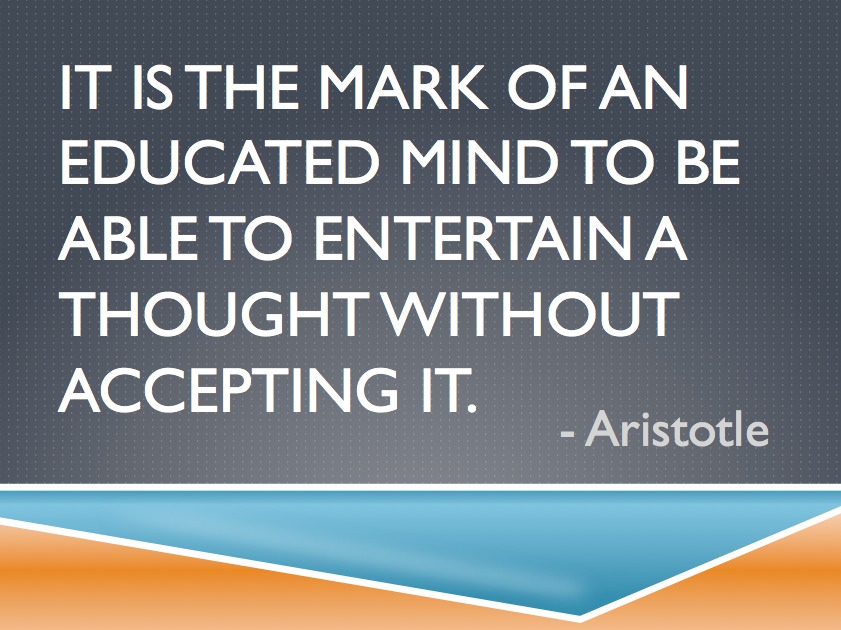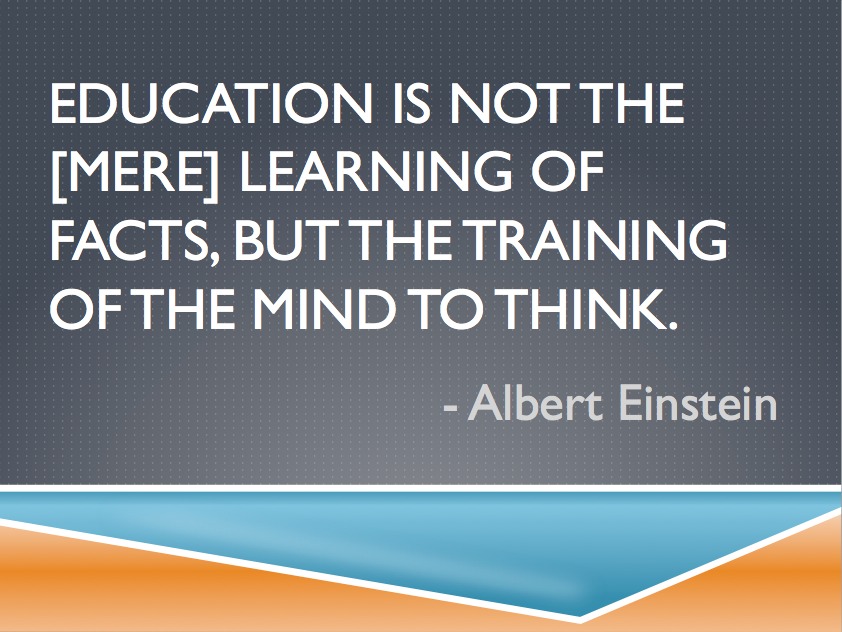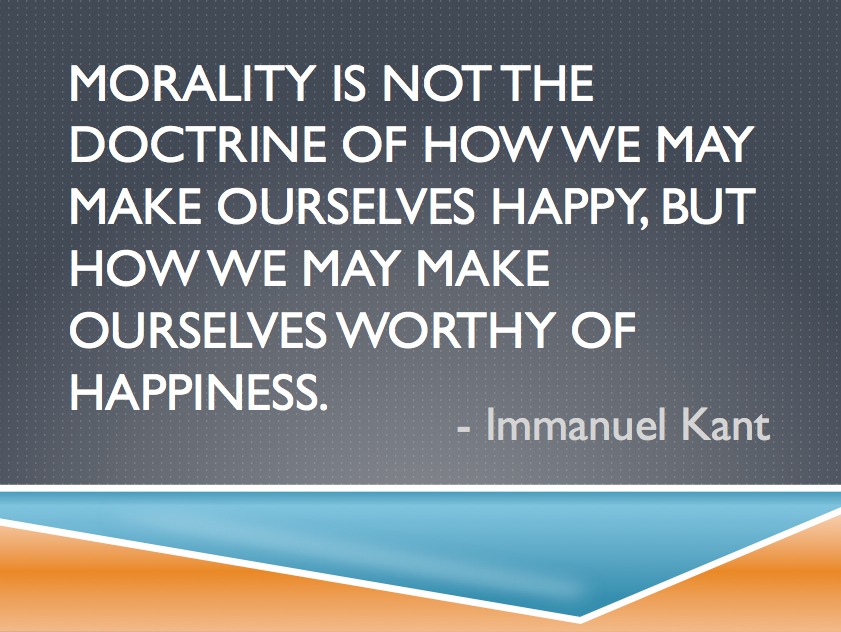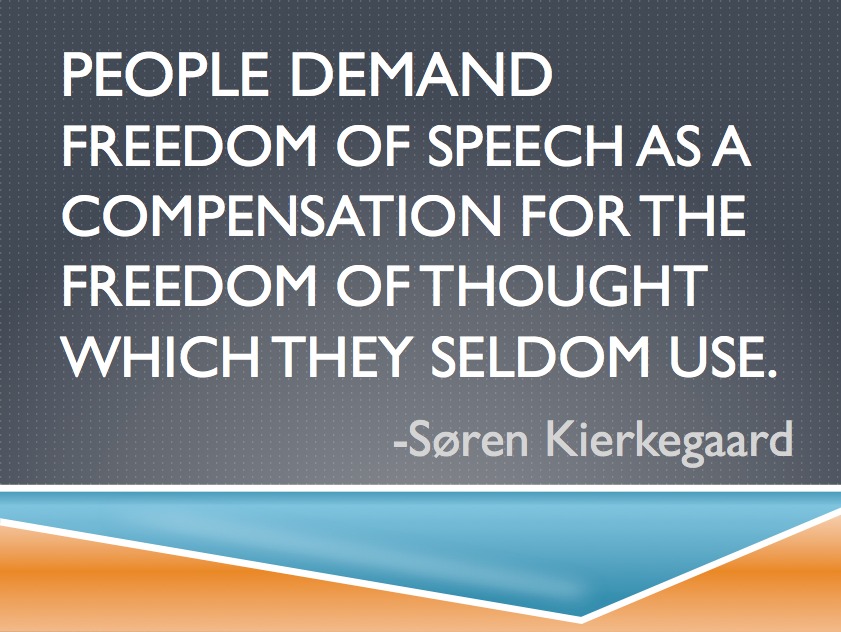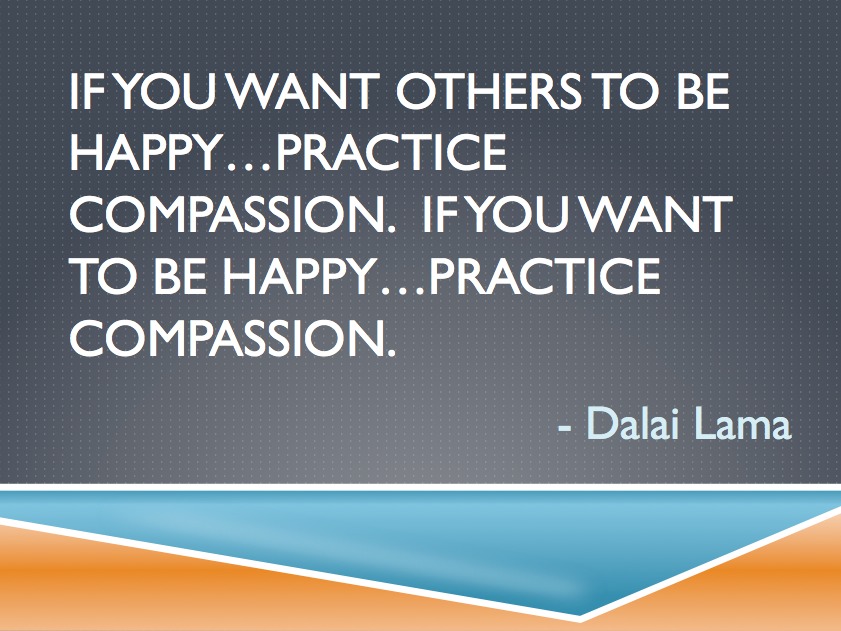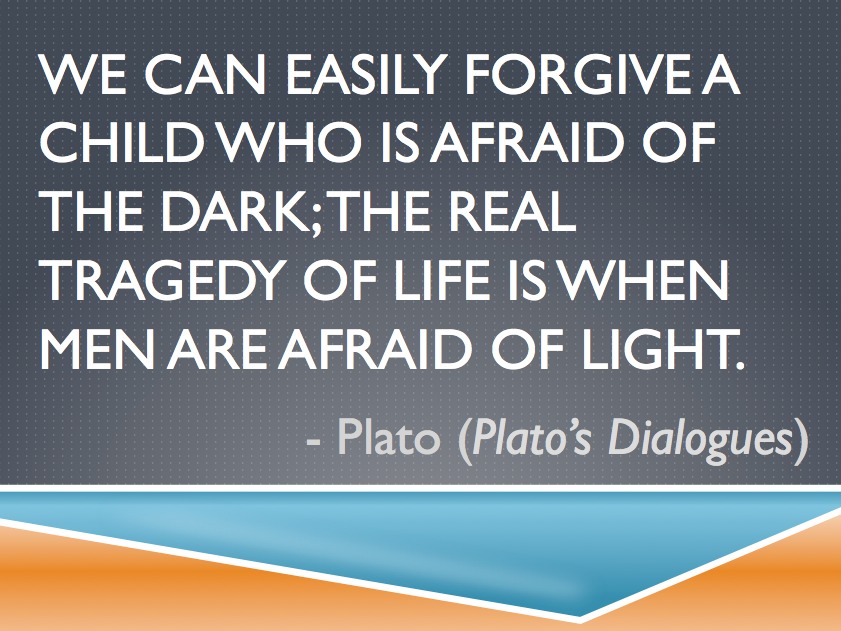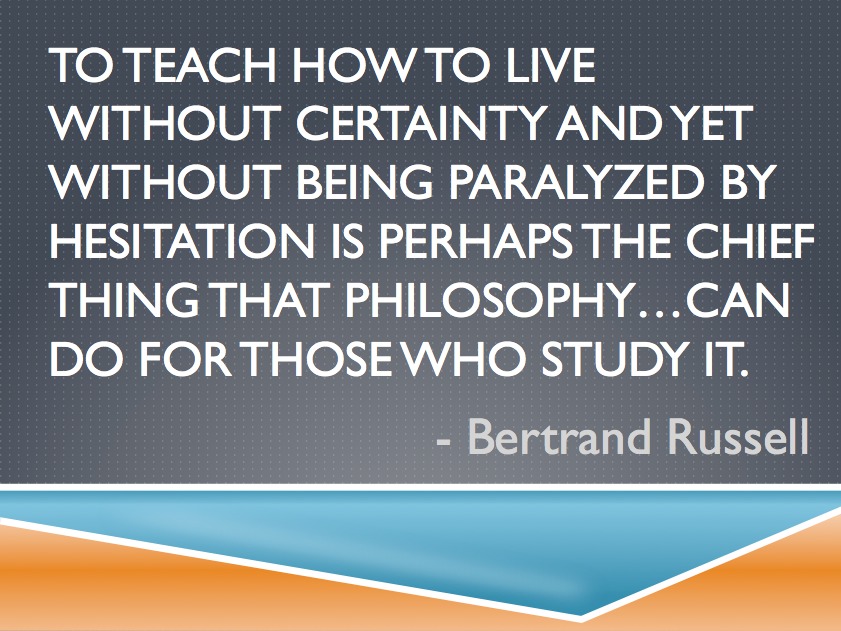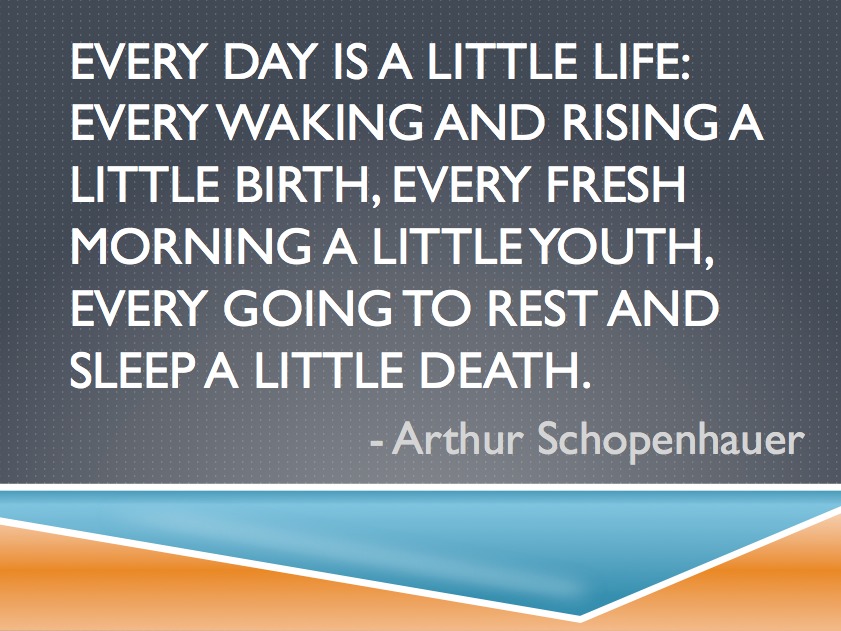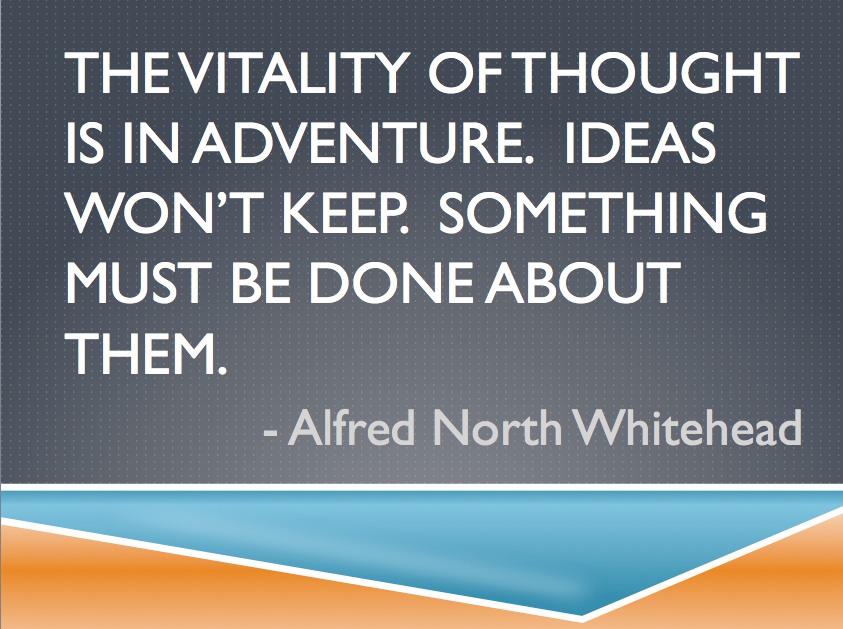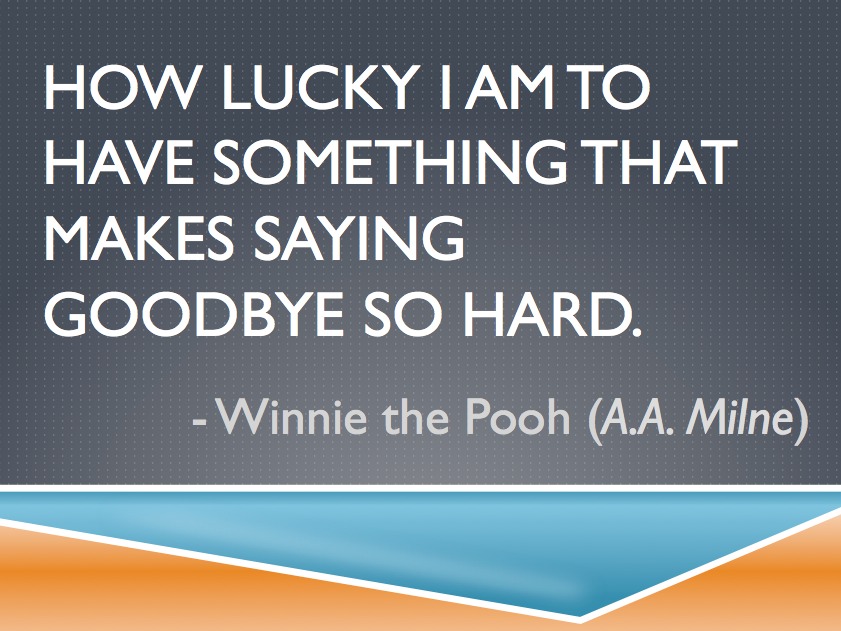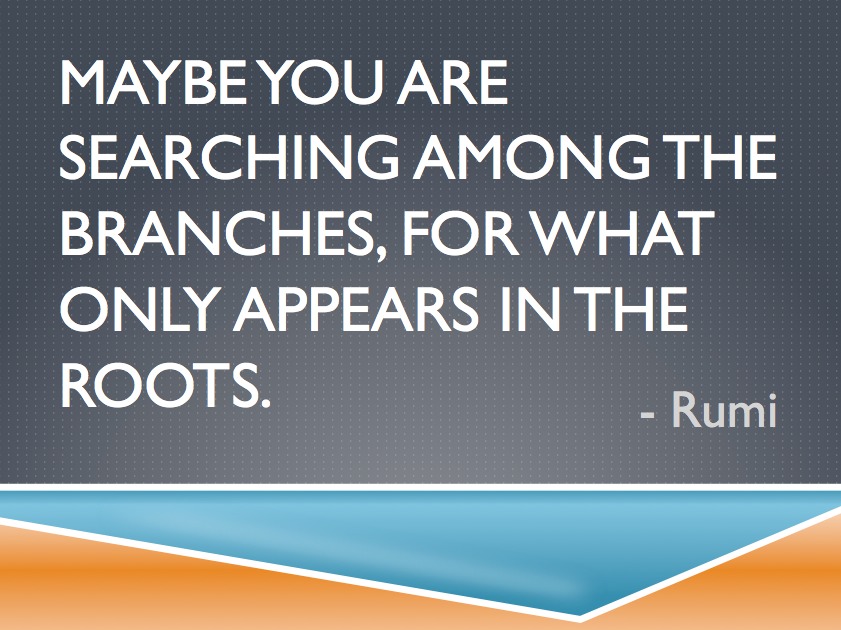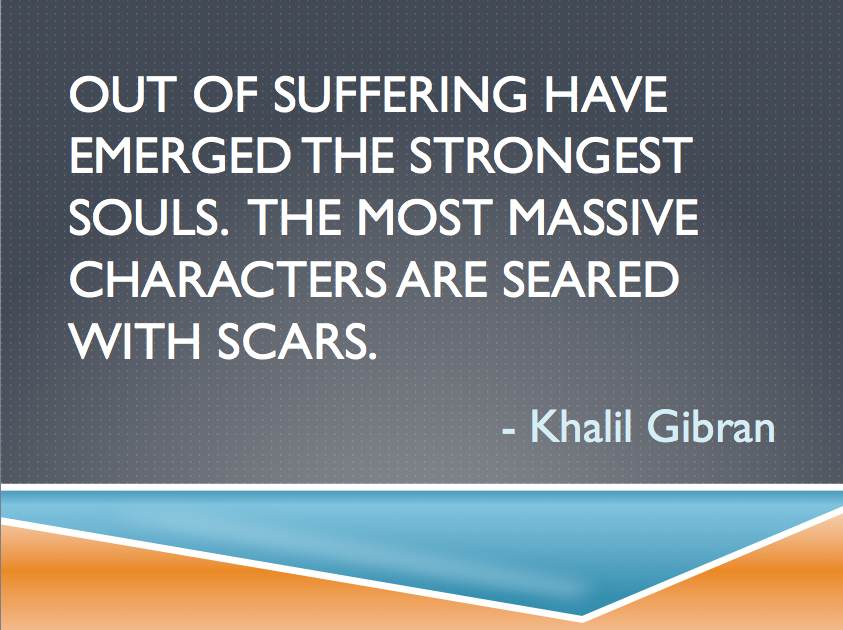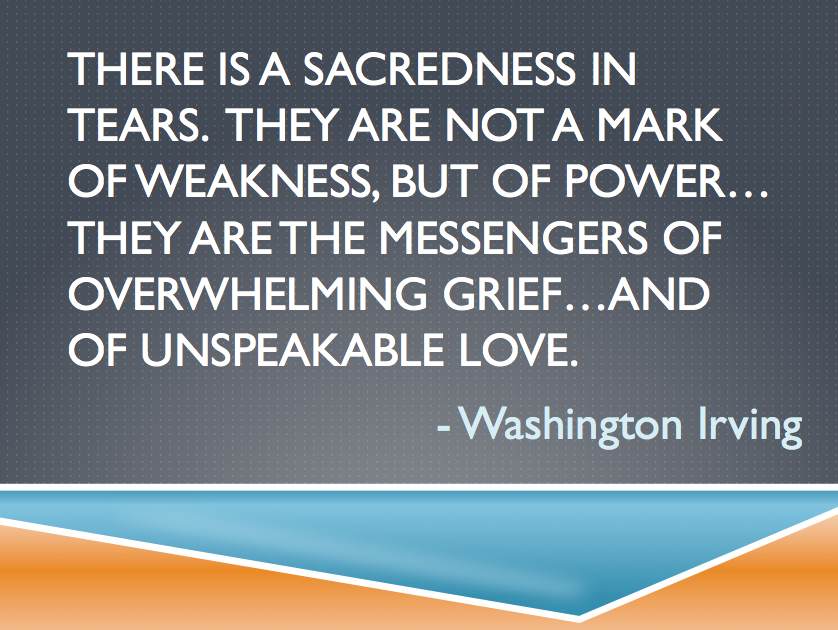 Our October Think & Drink was great fun! As per the norm…we started with several questions.
Our October Think & Drink was great fun! As per the norm…we started with several questions.
— What is the obligation of an individual to the society they were born into? What is the responsibility of society to that individual?
— What is play?
— How should we respond to the sixth mass extinction?
We picked one and, inevitably, ended up touching down on almost all of the original ones posed in some form or fashion. It’s fun when things work out that way.
Here’s a look at our “goings on’s”!
The Question We Chose…
-
What is play?
This brought up a lot of further questions as we tried to define play.
Some Ideas We Had About Play…
-
Perhaps play is any interaction which is not 100% for utility? This definition comes from the book Lean Logic by David Fleming. Does this make “work” the definitional opposite of play?
-
Is play (or at least deep play) both ecstatic and rapturous (which are two words that both mean to step outside oneself or beside oneself)? The connection of these words to play comes from Deep Play by Diane Ackerman. This implies that in play, you have to be looser with your identification with yourself. The ego has to step aside in some way.
-
Perhaps “work” is coerced activity, and “play” always needs to be voluntary?
-
But play does have utility; it is used for learning, for experimentation, and we can’t live without it entirely for mental health reasons. Does this make play entirely utility?
-
Does play always involve imagination? Pretending? Improvisation? Spontaneity?
-
Perhaps play is “anything you do when you believe all of your needs are met”? This also connects play to mindfulness and acceptance of the present moment.
From here we moved back to the first question tossed into the ring originally. Namely, what is the obligation of an individual to the society they were born into and what is the responsibility of society to that individual?
And Then Some Ideas About Responsibilities & Duties…
-
All laws are enforced with violence, even minor laws, because by resisting the law, society will escalate to further violence. Is it wrong to resist a law that disagrees with your morality that you did not agree to?
-
If it is not wrong to resist, is it wrong to use violence in response to the violence of the society?
Example: you shoot a police officer attempting to enforce a minor law. On a societal level, you have done something wrong (murder), but is there any (moral, not legal) justification for this in the fact that you did not agree with the law?
We discussed how perhaps an example like this is too abstract, as it is impossible to separate the society enforcing a law from the individual police officer who would be the victim of your violence. After all, an individual does not solely represent a larger society. But what if the individual were Putin? Kim Jong Un? Or a Nazi (forced into the army even, or not sympathetic to Nazism) looking for Jews? Would their individual life not be considered subsumed into societal structures, and violence against them be considered violence against society and not individuals? One suggestion was that perhaps a society can impose whatever rules it likes, so long as it allows any individual who wishes to leave the society, in recognition of the lack of choice that individual had in becoming a part of that society, thus turning their involvement into a choice. By this logic, the right to immigrate between societies would be a basic human right.
And Then Some Ideas About Morality…
This discussion, at this point, dissipated into some short comments and discussions about morality and consciousness. Some highlights:
-
Perhaps morality is merely something the society teaches its constituents, and so is entirely learned, and different societies will have vastly different moralities.
-
What about care ethics? Isn’t morality based on what, and who, we care about? For example, we think murder is wrong because we would care if someone close to us (or ourselves) were murdered. That seems innate, rather than learned.
-
We spoke a bit about consciousness and qualia (the kind of knowledge you can only learn from something by experiencing it).
Thank you to the Philosophy Learning & Teaching Organization (PLATO) and Montana Internet for supporting philosophy in the community and helping us bring activities like these to the Missoula community!









